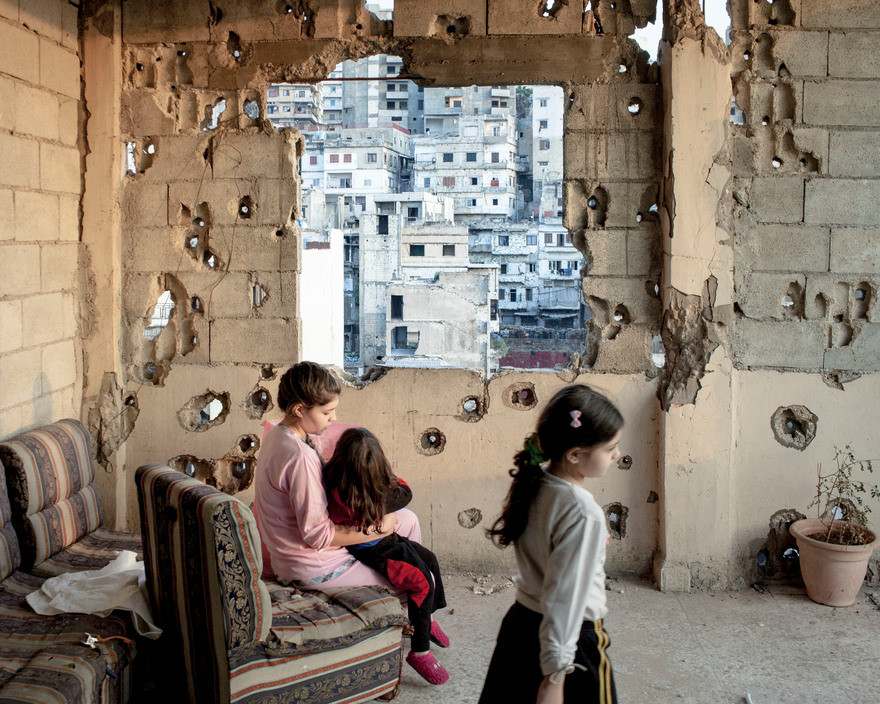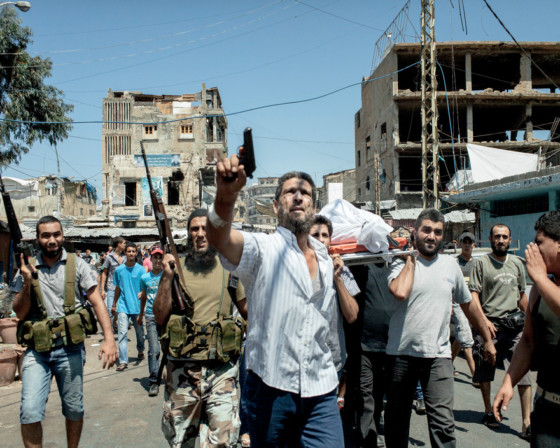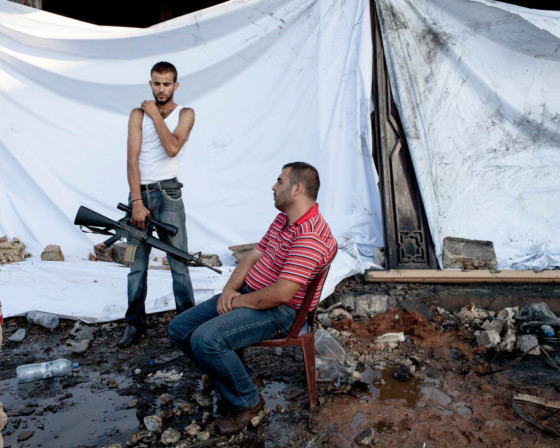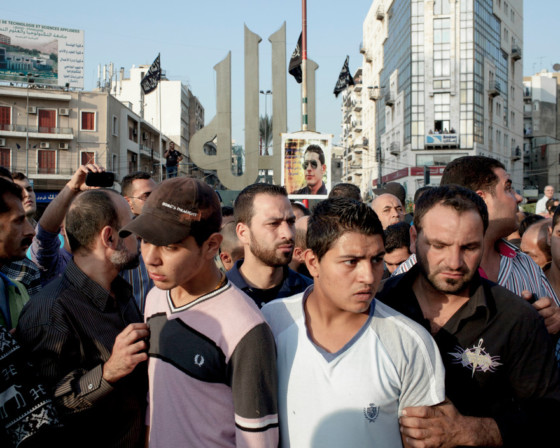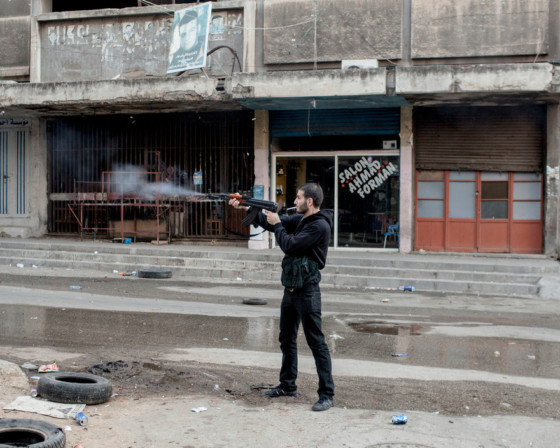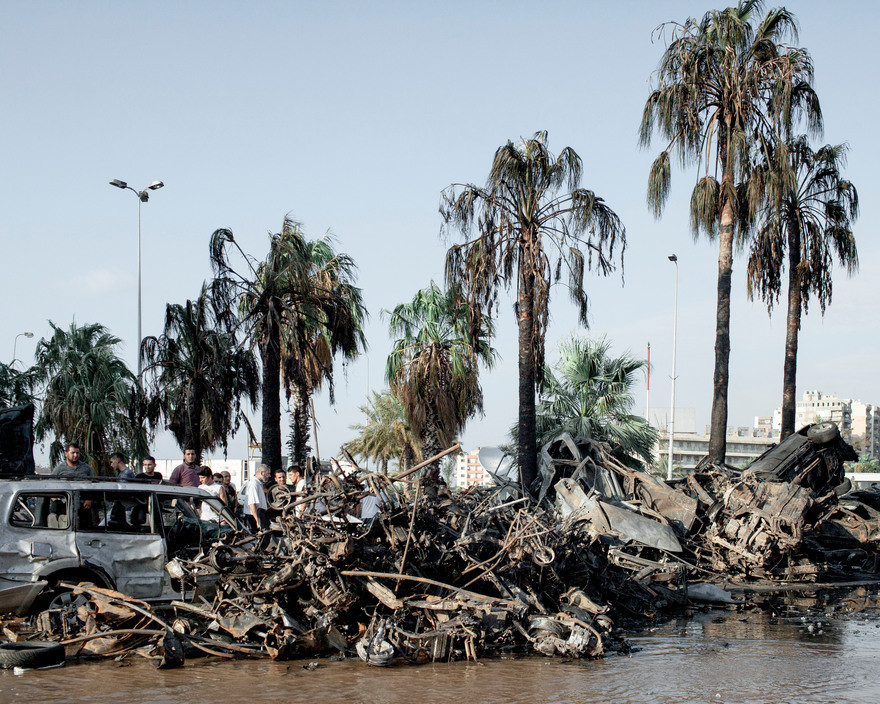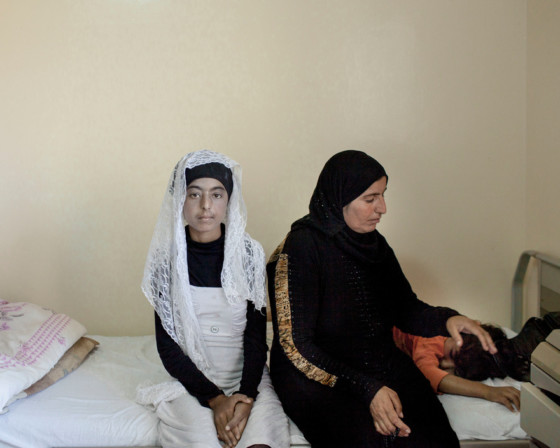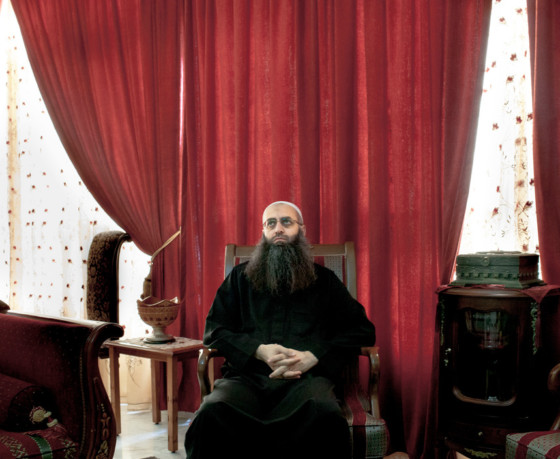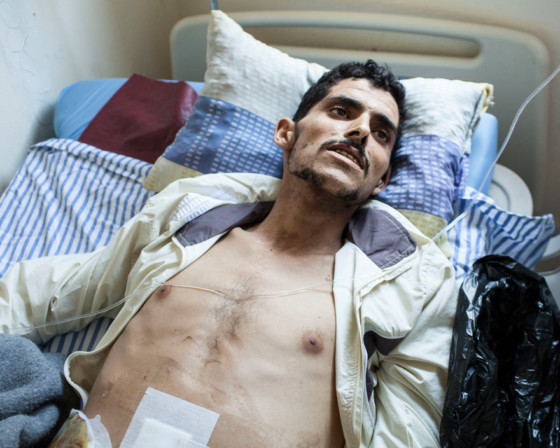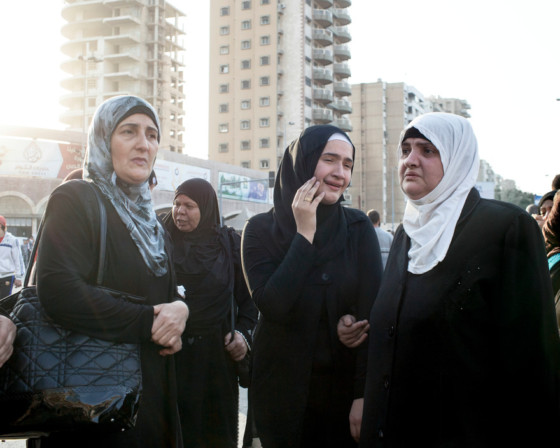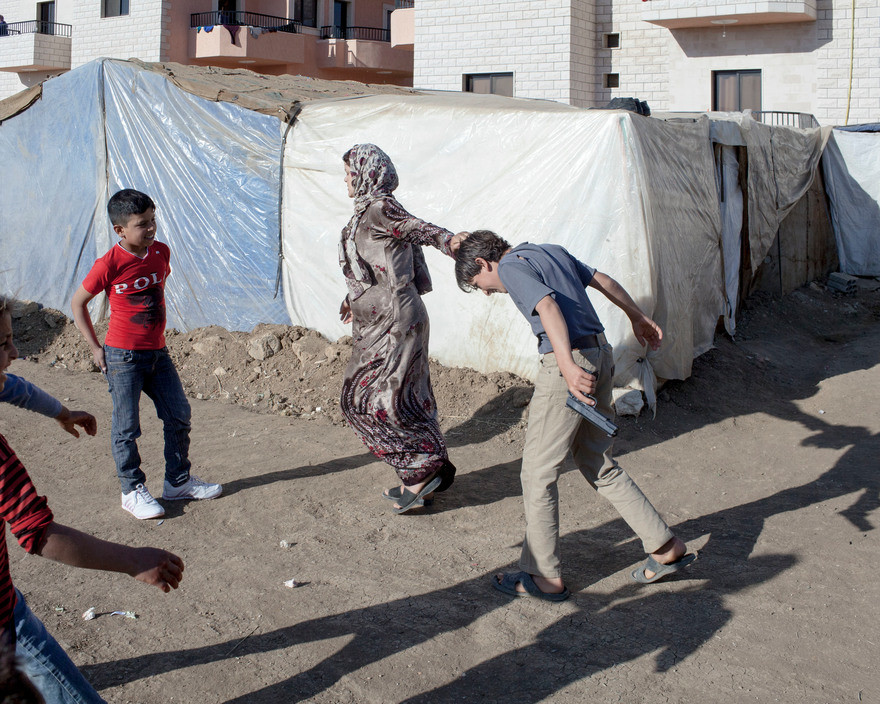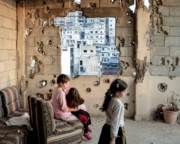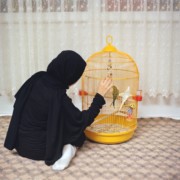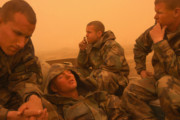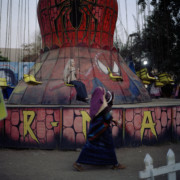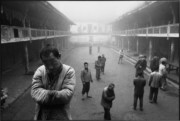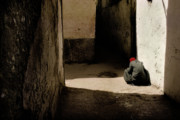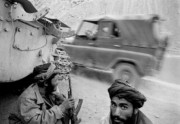Domino Effect: The Syrian Civil War Spills Over into Lebanon
Lorenzo Meloni explores the consequences of ongoing conflicts in the Middle East, highlighting the human toll of war
In the north there is a war between the Shi’a and the Sunnis.
In the south lies Israel, the constant enemy.
In the east, the Syrian conflict is overflowing in the country.
In the west lies the sea, a journey with no return for many.
“Will there be a war?” is the question that the Lebanese have been asking for the past three years. ‘Peace’ meanwhile has already killed more than 400 people and injured more than 2000. The Syrian conflict is reflected in the life of every Lebanese.
The solution put in place by the ‘State’ includes military checkpoints where soldiers are ordered to not intervene but are instead asked to be spectators and often victims of stray bullets. This is a ‘security plan’ according to Lebanon, at least until a winner in the lumbering Syrian conflict is established, at which point the Lebanese politicians will finally be able to rejoice in front of microphones and cameras.
When the snipers fail, bombs become necessary. The results of bombs in mosques and markets are not just the dead. The roar of the explosions, the flickering of the glasses, the smell of smoke and the funeral processions remind everyone that every place is a potential frontline. Fear generates further chaos and the dead more revenge. On the explosion sites, there isn’t the Red Cross trying to save lives. Instead there are Sunni or Hezbollah militiamen looking impassively at the scene. Where the State cannot, or does not want to intervene, the flag of security and safety unites the extremists.
Dividi et impera, divide and rule: this is how the State born from the Sykes-Pikot agreement, after 15 years of civil war without a winner, has learned to rule himself.
Sunni and Shi’a Hezbollah militia, very much tied to the Syrian civil war, fight between each other. The terror strategy has created more and more followers in the extremist groups and now a 50 calibre machine gun is considered a tool of defense.
Because of the constant internal and neighboring conflicts, Lebanon does not yet know the meaning of the word peace. Fifteen million Lebanese have already left the country to look for peace, while others seek every possible way to reach those who have left. The four million Lebanese remaining in the country are increasingly divided into factions. They live in a nation divided into many small ‘territories’ and the one million Syrian refugees currently living in the country could critically influence and change the already delicate internal political balance. Generations of Lebanese people have now been living with war as a constant presence in their lives: nothing surprises them, everything is considered to be normal.


